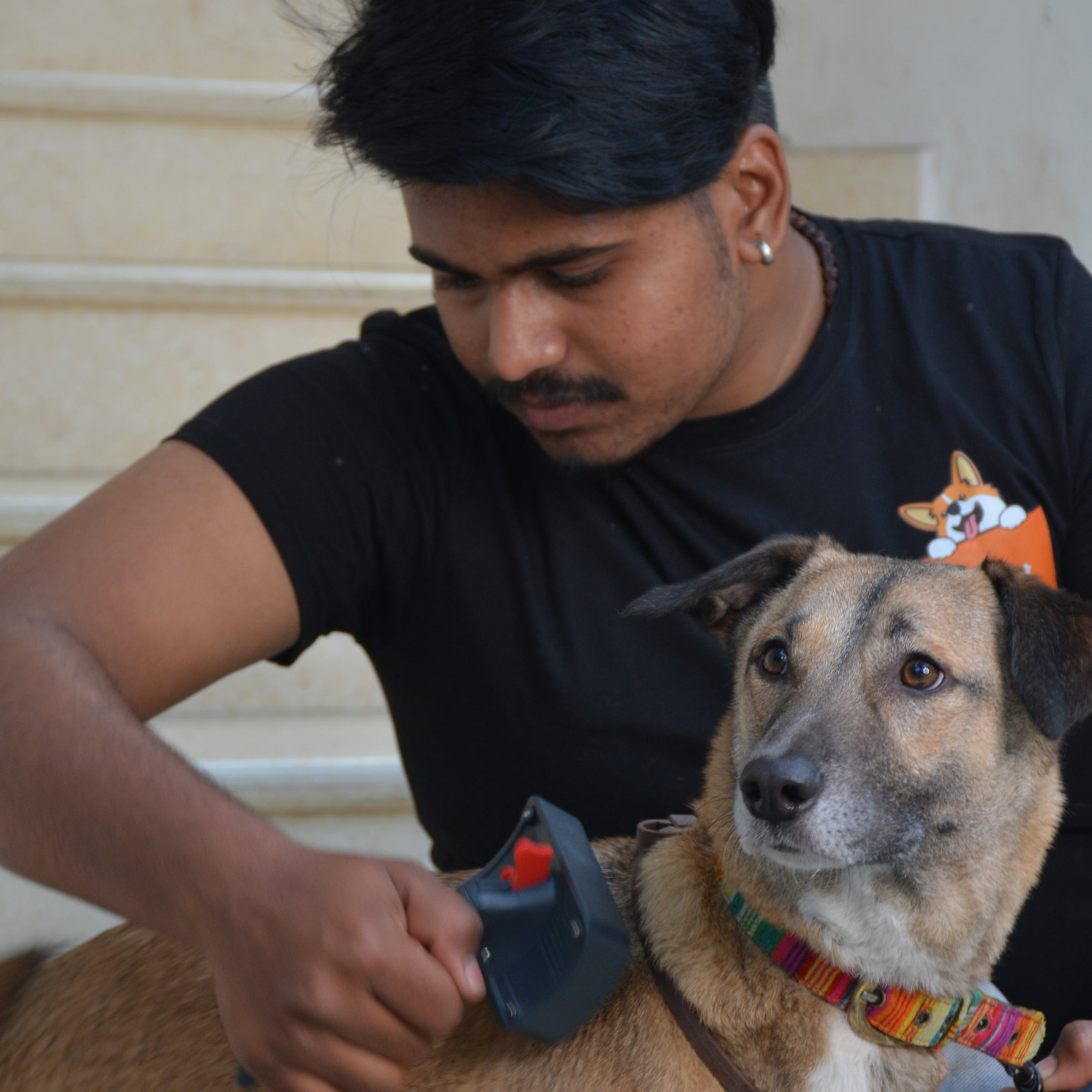All About Canine Dental Care: Brushing and Grooming for Healthy Teeth

Just like humans, dogs require regular dental care to maintain healthy teeth and gums. Dental issues can lead to discomfort, pain, and even serious health problems for your furry friend. In this article, we'll explore the importance of canine dental care, how to brush your dog's teeth, and other grooming tips for optimal oral hygiene.
Why Canine Dental Care Matters
Good dental hygiene is crucial for your dog's overall health and well-being. Here's why canine dental care matters:
- Prevents Dental Disease: Dental disease is common in dogs and can lead to tooth decay, gum infections, and tooth loss. Regular dental care can prevent these issues.
- Freshens Breath: Proper dental care helps eliminate bad breath, making your dog more pleasant to be around.
- Reduces Pain and Discomfort: Untreated dental problems can cause pain and discomfort, affecting your dog's quality of life.
- Prevents Systemic Health Issues: Dental disease can lead to more severe health problems, such as heart disease and kidney issues, as bacteria from the mouth can enter the bloodstream.
How to Brush Your Dog's Teeth
Brushing your dog's teeth is an essential part of canine dental care. Here's a step-by-step guide to help you get started:
- Gather Supplies:
Dog-friendly toothbrush or finger brush
Canine toothpaste (never use human toothpaste, as it can be toxic to dogs)
Treats or rewards
- Choose a Calm Environment:
Find a quiet, calm space where you and your dog can focus on the task.
- Introduce Your Dog to Toothpaste:
Let your dog taste a small amount of toothpaste on your finger to get them used to the flavor.
- Begin Gently:
Start by using your finger or a finger brush to gently rub your dog's teeth and gums. This helps your dog become comfortable with the sensation.
- Gradually Introduce the Toothbrush:
Once your dog is comfortable, introduce the toothbrush with a small amount of toothpaste. Brush in a circular motion, focusing on the outer surfaces of the teeth.
- Be Patient:
Be patient and take breaks if your dog becomes anxious or restless. Make the experience as positive as possible by offering treats and praise.
- Brush Regularly:
Aim to brush your dog's teeth at least 2-3 times per week, if not daily, for optimal dental care.
- Monitor for Oral Health Issues:
While brushing, check for signs of dental problems such as inflamed gums, loose teeth, or unusual growths.
Additional Dental Care Tips
In addition to brushing, here are some extra dental care tips for your dog:
- Dental Chews and Toys:
Provide dental chews and toys designed to promote healthy teeth and gums. Chewing helps remove plaque and tartar.
- Dental Treats:
Offer dental treats that can help reduce plaque and freshen breath.
- Regular Vet Checkups:
Schedule regular dental checkups with your veterinarian. They can identify dental issues early and recommend professional cleanings if needed.
- Dental Diets:
Some special dental diets are designed to help keep your dog's teeth clean. Consult your vet for recommendations.
- Water Additives:
Some water additives can help reduce plaque and tartar buildup. Follow the product instructions carefully.
- Avoid Hard Objects:
Discourage your dog from chewing on hard objects like rocks, bones, or hard toys, as these can damage their teeth.
Remember that every dog is unique, and their dental care needs may vary. Pay attention to their individual preferences and comfort levels, and always consult with your veterinarian for personalized dental care recommendations. With proper dental care, you can ensure your dog maintains a healthy and happy smile throughout their life.
If you would like to read more such blogs, download the sploot app here - the one stop shop for all things pet parenting.

